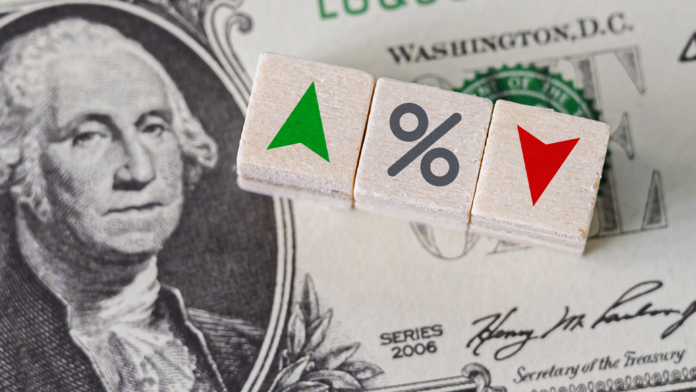The U.S. dollar dipped slightly on Tuesday as it approached a closely contested presidential election, the outcome of which could lead to significant market moves.
The Dollar Index, which tracks the greenback against a basket of six currencies, fell 0.1% after declining overnight to its lowest since October 21, contrasting with last week’s highs, the highest since late July.
Dollar Retreats on U.S. Elections
The dollar has been impacted partly by a retreat in the “Trump trade” as recent polls show Donald Trump and Kamala Harris locked in a tight race for the presidency, with most voting occurring today, Tuesday.
In recent weeks, financial markets had been favoring a Trump victory, as his policies on tariffs and immigration are deemed inflationary by analysts, supporting gains in U.S. yields and the dollar.
“With an exceptionally close U.S. election just around the corner and the outcome likely to have a binary impact on FX markets, the FX options market is trading with heightened volatility,” noted analysts at ING.
“Given the dollar’s rally in October, we believe a ‘red sweep’ is needed for the dollar to continue to rise. A Harris victory would likely appear benign and prove negative for the dollar.”
The Federal Reserve also meets later this week, with markets expecting a rate cut of 25 basis points, a smaller reduction than the 50-basis-point cut seen in September.
Traders will be closely monitoring any additional comments from Fed Chairman Jerome Powell regarding future rate cuts, especially as recent data indicates persistent inflationary pressures and economic resilience. However, recent labor market weakening could keep the Fed on course for further easing.
Euro Linked to U.S. Election Results
In Europe, the EUR/USD rose 0.2% to 1.0893, after reaching 1.0914 in the previous session for the first time since October 15, with the euro benefiting from dollar weakness.
Despite the gains, the euro faces regional economic challenges, with France’s industrial production down 0.9% month-on-month in September, along with uncertainty stemming from the U.S. election.
“For this week, expect the fallout from the U.S. election to dominate,” added ING. “A Trump victory without control of the House could be a worst-case scenario for EUR/USD, as global growth might not benefit from U.S. tax cuts, potentially forcing the ECB to cut rates further into accommodative territory.”
GBP/USD also rose 0.2% to 1.2980 after the Bank of England authorized a further rate cut of 25 basis points expected on Thursday.
Australian Dollar Rises after RBA Meeting
USD/JPY rose slightly to 152.16, while the Japanese yen held near its weakest level in three months. USD/CNY rose to 7.1077, with attention focused on the NPC Standing Committee meeting, expected to provide more insights into China’s fiscal stimulus plans.
AUD/USD climbed 0.5% to 0.6618 after the Reserve Bank of Australia held monetary policy steady on Tuesday, as expected.
However, RBA Governor Michele Bullock adopted a notably hawkish tone during her press conference, suggesting there are still upside risks.
“The Australian dollar could emerge as a big winner if Harris prevails over Trump,” stated ING. “In such a scenario, the tariff threat from China would likely be significantly reduced.”



